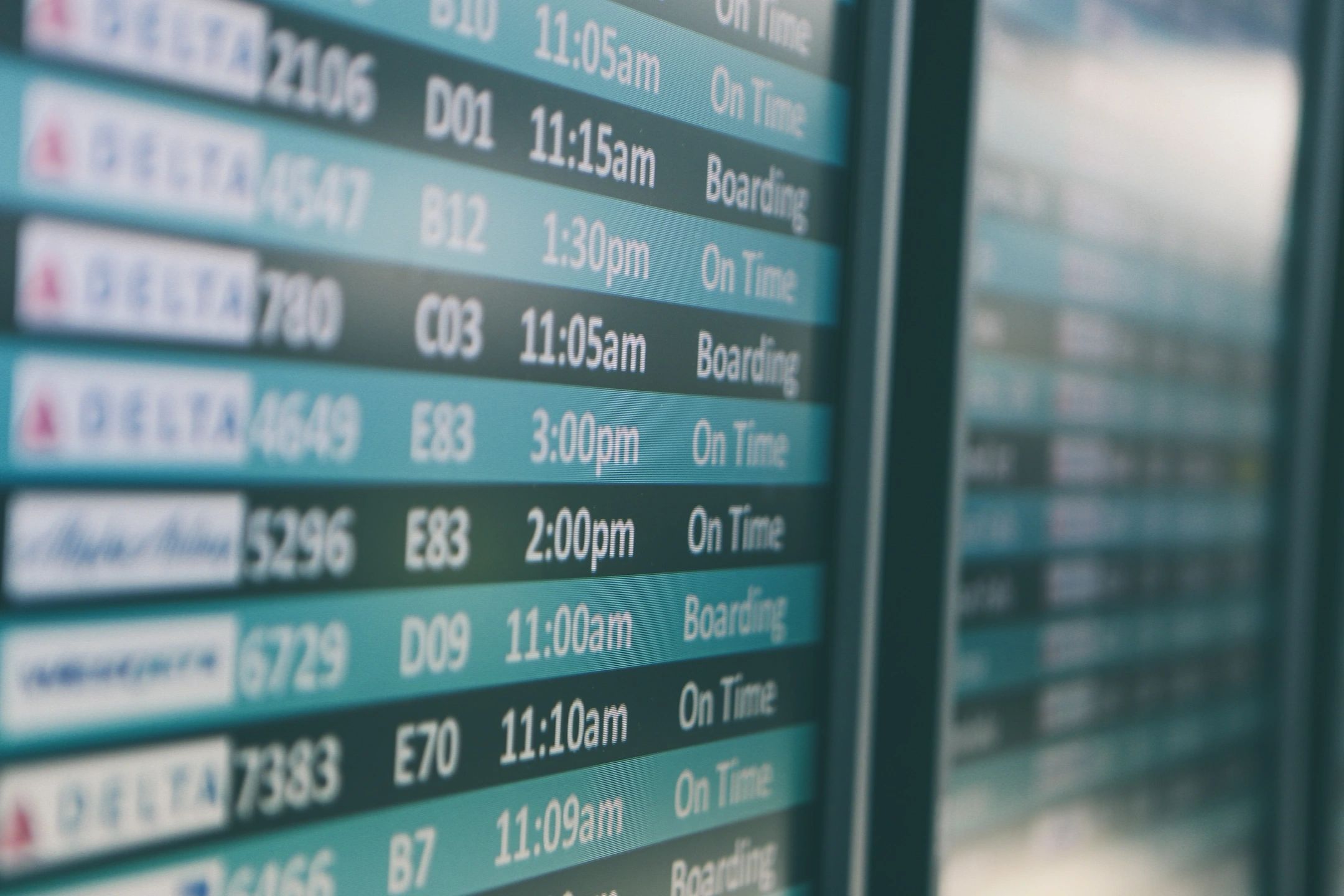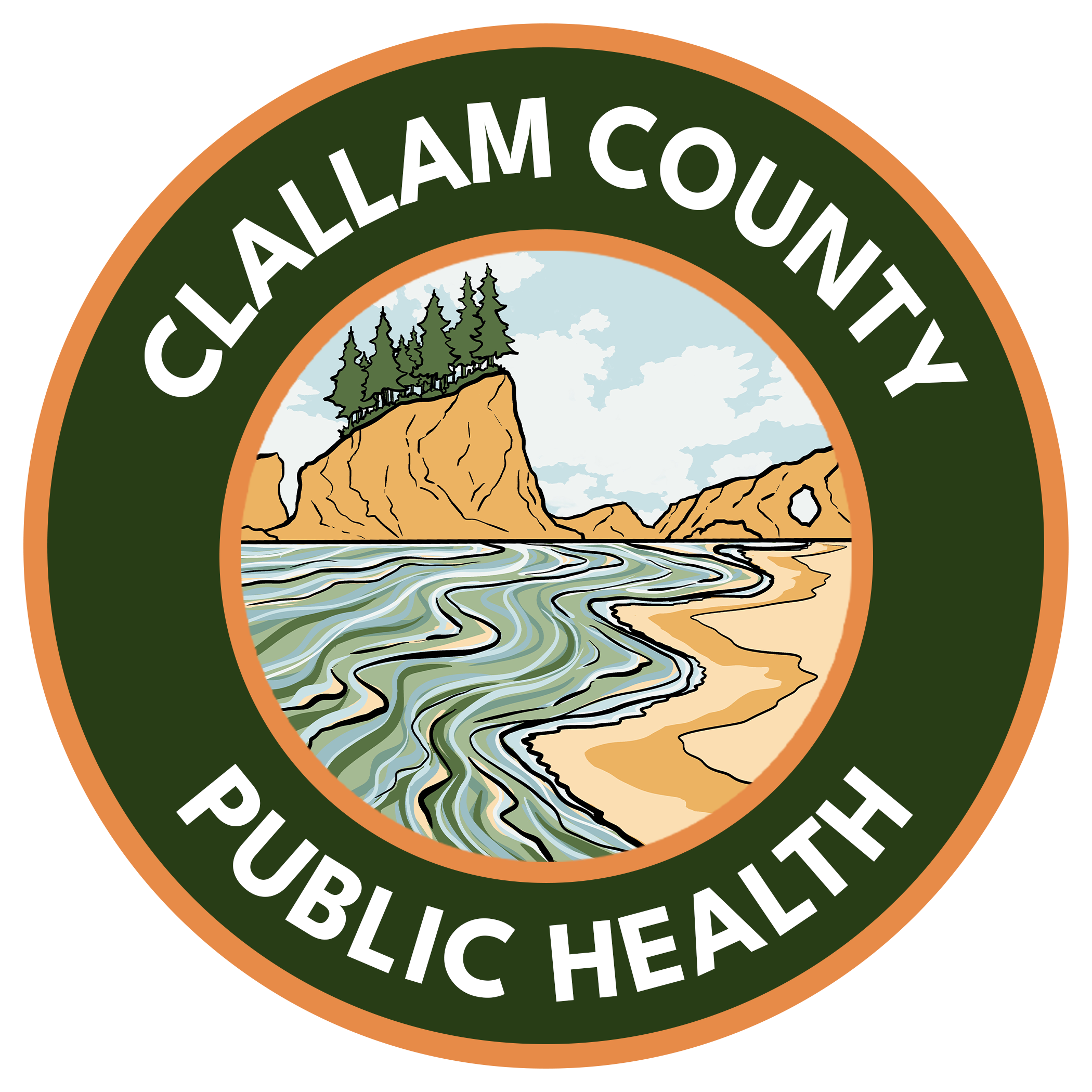
A traveler who recently returned to Snohomish County from Wuhan, China has lab-confirmed 2019-nCoV.
Requested actions
- Get a detailed travel history when evaluating patients with fever and acute respiratory illness.
- Suspect 2019-nCoV in patients with:
- Fever and symptoms of lower respiratory illness (e.g., cough, difficulty breathing) and in the 14 days before symptom onset:
- Traveled to Wuhan City, China, or
- Had close contact with a person being evaluated for 2019-nCoV while that person was ill.
- Fever or symptoms of lower respiratory illness (e.g., cough, difficulty breathing) and in the 14 days before symptom onset had close contact with a person with lab-confirmed 2019-nCoV while that person was ill.
- Fever and symptoms of lower respiratory illness (e.g., cough, difficulty breathing) and in the 14 days before symptom onset:
- Ask patients with suspected 2019-nCoV infection to wear a surgical mask. Evaluate them in a private room with the door closed, ideally in an airborne infection isolation room.
- All healthcare personnel entering the room should use standard precautions, contact precautions, airborne precautions and eye protection (e.g., gown, gloves, N95 mask or PAPR, and face shield or goggles).
- If you suspect a case of 2019-nCoV, immediately notify infection control personnel at your facility and call the reporting line.
- Collect nasopharyngeal and oropharyngeal swabs, lower respiratory specimens and serum specimens. Swabs should be in viral transport media. You can also collect stool and urine. Refrigerate specimens.
Background
Centers for Disease Control and Prevention (CDC) is closely monitoring an outbreak caused by a novel coronavirus in Wuhan City, Hubei Province, China. More than 300 people in China have lab-confirmed infections and 3 people have died. Many countries, including the United States, are screening incoming travelers from Wuhan. Exported cases have been confirmed in Thailand, Japan and Republic of Korea and in a traveler who returned to Snohomish County from Wuhan last week.
Coronavirus is a large family of viruses. Some cause illness in people and others circulate among animals, including camels, cats and bats. Rarely, animal coronaviruses can evolve and infect people and then spread between people, as seen in MERS and SARS. Past MERS and SARS outbreaks have been complex, requiring comprehensive public health responses.
Many of the patients in Wuhan reported a link to a large seafood and animal market, suggesting animal-to-person spread. However, a growing number of patients have not reported exposure to animal markets, suggesting person-to-person spread is occurring.
Based on current information, the immediate health risk from 2019-nCoV to the general American public is low.
